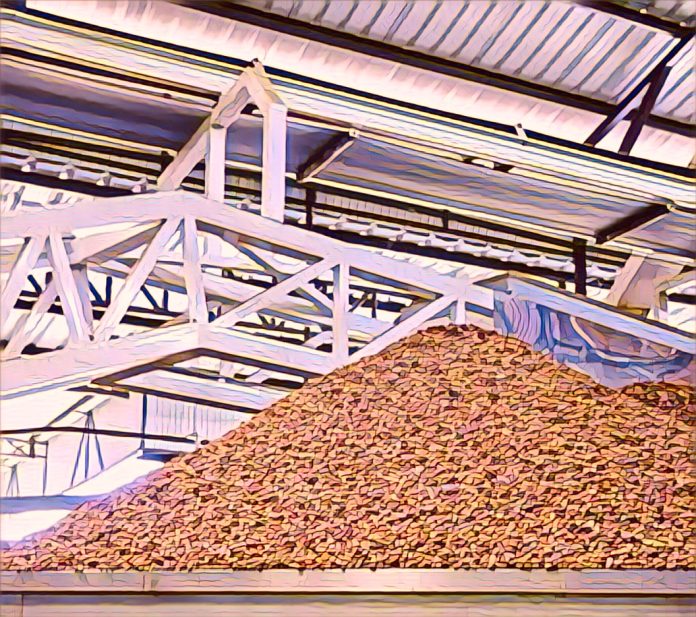Nigeria’s cocoa processing industry is facing severe challenges, with the country’s five major cocoa processing plants operating at only 8% of their installed capacity. This alarming situation is attributed to various factors, including inadequate infrastructure, financial constraints, and fluctuating global cocoa prices.
The Cocoa Association of Nigeria (CAN) highlighted these issues in a recent report, emphasizing the need for urgent government intervention to revitalize the sector. CAN President, Sayina Riman, expressed concern over the industry’s declining productivity, noting that the low capacity utilization is detrimental to the country’s economy and employment levels. “Our cocoa processing plants are severely underutilized, which affects not only the cocoa value chain but also the livelihoods of many Nigerians,” Riman stated.
One of the primary issues plaguing the industry is the erratic power supply, which has significantly increased operational costs for cocoa processors. Many plants are forced to rely on expensive diesel generators, further eroding profit margins. “The high cost of alternative power sources makes it difficult for us to compete globally,” said a representative of one of the processing plants. The industry has called on the government to improve the nation’s power infrastructure to reduce energy costs and enhance production efficiency.
Another significant challenge is the lack of access to affordable finance. Many cocoa processors struggle to secure loans due to high interest rates and stringent lending conditions. This financial constraint limits their ability to invest in modern equipment and technology, which are crucial for maintaining competitiveness in the global market. “We need supportive financial policies to help us upgrade our facilities and expand our operations,” Riman urged.
The volatility of global cocoa prices also poses a significant challenge for Nigerian processors. Fluctuations in prices can lead to uncertainty and make long-term planning difficult. The industry has been advocating for policies that stabilize cocoa prices and provide a more predictable business environment. “Price volatility affects our ability to plan and invest in the future. We need stability to grow,” explained Riman.
Despite these challenges, there is hope for the future of Nigeria’s cocoa processing industry. The government has been working on initiatives to support the sector, including infrastructure improvements and financial support schemes. In addition, there are efforts to diversify the product range of cocoa processors, encouraging the production of value-added products such as chocolate and cocoa butter. “We are exploring new markets and product lines to increase our competitiveness and add value to our cocoa,” Riman revealed.
Furthermore, there is a growing emphasis on sustainable and traceable cocoa production. This involves ensuring that cocoa beans are sourced from farms that practice environmentally friendly and socially responsible farming methods. By adopting these practices, Nigerian cocoa processors can attract premium prices in international markets, thus improving profitability. “Sustainability is key to securing a better future for our industry and farmers,” said a leading cocoa exporter.
The government, industry stakeholders, and international partners are also working together to enhance the skills and knowledge of cocoa farmers. Training programs focused on modern farming techniques, pest management, and post-harvest handling aim to improve the quality and yield of Nigerian cocoa. “Empowering our farmers with the right skills is crucial for increasing production and ensuring high-quality beans,” noted Riman.
In conclusion, while Nigeria’s cocoa processing industry faces significant challenges, there is potential for recovery and growth. With the right policies and support, the sector can overcome its current difficulties and play a vital role in the country’s economic development. The commitment to addressing infrastructure issues, securing affordable finance, and promoting sustainable practices offers hope for a brighter future.
Source: Business Day



